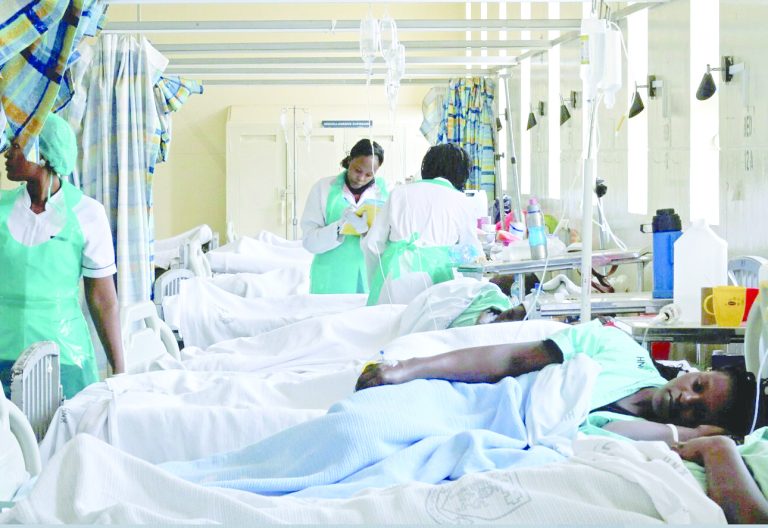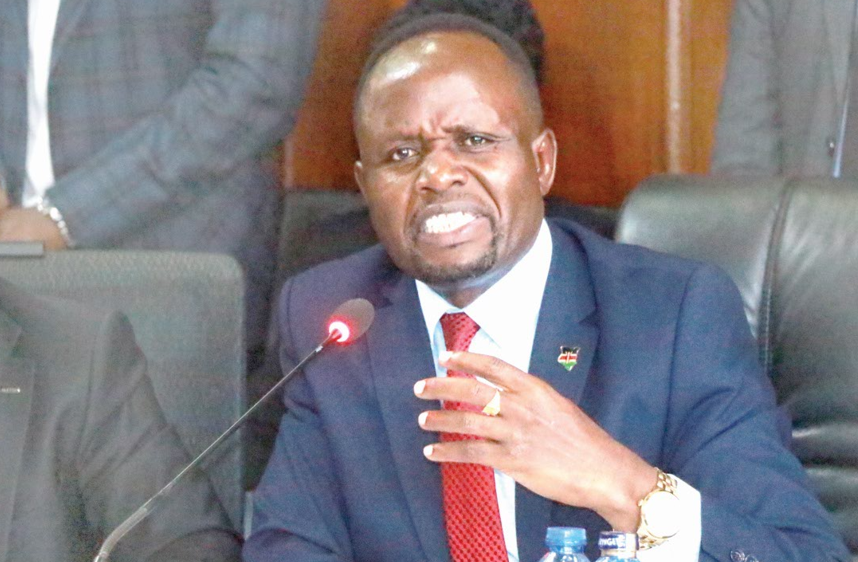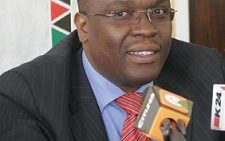Doctors prescribe radical overhaul to ailing healthcare system

Doctors now say they have made a prognosis of the challenges facing the health sector and come up with a raft of prescriptions, which include the consolidation of medical regulatory bodies to enhance efficiency. They also want to streamline processes and ultimately improve patient care.
The prognosis, they say, will rescue President Ruto’s government from the mire of a significant health crisis characterised by failed systems, haphazard changes of policies, and critical shortages of essential medical supplies.
The erratic access to healthcare in the country has been blamed, more so for the marginalised communities, on numerous factors. These include underfunding, a severe shortage of healthcare workers particularly in rural areas, poor distribution of medical facilities, inadequate infrastructure, and a lack of access to quality healthcare.
The challenges are further compounded by issues such as corruption within the system and the brain drain of skilled medical professionals migrating abroad for better opportunities.
To cure the persistent healthcare challenges, professionals in the sector prescribed that too many regulatory bodies that have traditionally overseen different healthcare professions and para-professions, auxiliary health support staff, lead to inefficiencies, duplication of efforts, and inconsistencies in professional standards.
Merging associations
The Kenya Medical Practitioners Pharmacists and Dentists Union (KMPDU) has advocated for the formation of a unified professional regulatory body.
In a detailed document, the healthcare professionals, through Dr Davji Bhimji Atellah, the KMPDU Secretary General and CEO, expressed their support for the government’s Cabinet decision of January 21, 2025, to defund and merge the fragmented professional bodies.
“Based on our extensive research, we firmly believe that consolidating healthcare regulatory bodies will enhance efficiency, streamline processes, and ultimately improve patient care,” the letter read in sections.
KMPDU gave a raft of proposals they believe should be implemented to save the ailing health sector on a day that the Rural and Urban Private Hospitals Association of Kenya (RUPHA) warned that the government’s failure to settle outstanding bills threatens the country’s healthcare system.
Atellah said the formation of one unified regulatory body will result in standardisation of healthcare practices by ensuring uniform guidelines, ethical codes, and competency requirements across all healthcare professions. This will promote consistency and reduce confusion among healthcare providers and patients.
“Consolidating regulatory functions eliminates administrative inefficiencies, streamlines licencing and accreditation, and accelerates decision-making, enabling healthcare professionals to focus on patient care,” the union observed, adding that modern healthcare requires seamless collaboration between doctors, nurses, pharmacists, and other professionals.
“A unified regulatory body fosters better communication and coordination, leading to improved patient outcomes,” the added.
At the same time, they insisted that the move will reduce administrative overheads and operational expenses resulting in significant cost savings, allowing resources to be redirected toward healthcare service improvements and professional development.
The formation, they added, will provide a centralised registration system that will streamline the licencing process, reduce delays and facilitate workforce mobility across disciplines and jurisdictions.
“A single regulatory body enhances transparency and ensures that all healthcare professionals adhere to consistent high standards, ultimately improving patient safety. With the rapid advancement of medical technologies and treatments, a unified regulatory body can respond more efficiently to emerging healthcare trends and ensure professionals remain well-informed and competent,” the union CEO added.
While the merger will present numerous advantages, the doctors called for effective stakeholder engagement and change in management strategies.
“The merger requires careful planning to align policies, databases, and operational procedures. It is crucial to guarantee fair representation of all healthcare professions in the new regulatory framework,” stated the union.
Healthcare regulatory bodies are crucial for protecting public health by setting and enforcing standards, ensuring the competency of healthcare professionals, investigating complaints and maintaining quality and safety within the healthcare system.
This ultimately helps safeguard patients from harm and promotes ethical conduct within the medical field.
Imminent shutdown
The call for formation of a unified regulatory body to fix the obstinate healthcare challenges comes after months of suffering by Kenyans over unresolved Social Health Insurance Fund (SHIF) since its rollout in October last year.
As the union gave its raft of proposals RUPHA warned that State failure to settle outstanding bills threatens the entire system.
RUPHA Chairman Brian Lishenga, speaking at the Hennet Health NGOs symposium in Nairobi, said negotiations with the government on clearing the debt have stalled, raising concerns over the sustainability of private health facilities.
“The government insists there is no money, but unless healthcare is properly funded, service quality will deteriorate, and more hospitals will be forced to shut down,” Lishenga said.
Months since the Ministry of Health transitioned Kenyans from the now-defunct National Health Insurance Fund (NHIF) to the Social Health Authority (SHA) which was projected to provide universal health coverage and reduce out-of-pocket medical expenses, system failures and uncertainties continue to blemish the new structure.
The new system is also grappling with transparency issues and registration bottlenecks with tens of Kenyans expressing their displeasure over its functionality.
Lack of value for money is another elephant in the room as many continue to express concerns saying they are not benefiting from the system as was during the NHIF-era despite the heftier contributions they make to the scheme.
This is despite the government saying that SHIF provides more comprehensive coverage than NHIF.
While a sole breadwinner’s contribution could cover the entire family under NHIF, concerns have been raised as SHIF now treats every individual aged 25 and above as a separate household, requiring them to register and contribute independently.
The US government’s freeze on foreign aid to Kenya has also put the country’s healthcare system in crisis with the funding stoppage having disrupted programmes that help prevent the spread of HIV, tuberculosis, and malaria.












